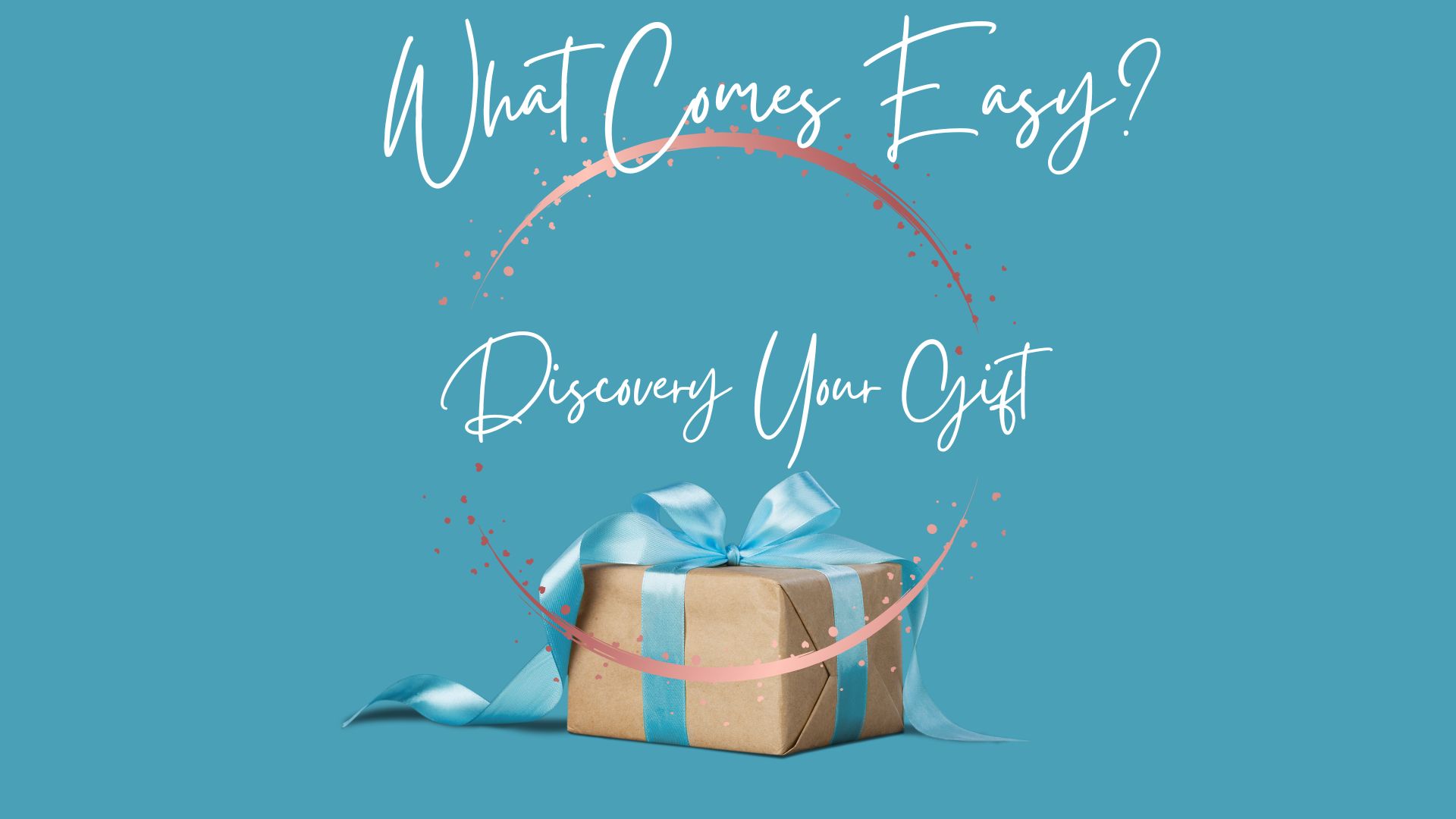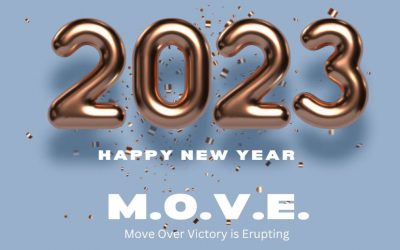If it were simple, everyone would do it!
Our true talents are frequently hidden in mundane tasks that we usually take for granted. Yet, they are gifts others are more likely to notice before you become aware of them. For example, soft skills like interpersonal, communication, and organizational management may appear simple. However, we all know that only some possess these skills, and it can be challenging to describe them as valuable/useful assets effectively.
In the new year, I want to challenge everyone to discover their natural superpower (s). First, what distinguishes you from others? Then, how can you use it to enhance your personal brand?
Based on my observations, there are four distinct types of people.
- People who are unsure of their gifts.
- People who focus on what they believe to be their gift, but it isn’t.
- People who recognize their abilities but are complacent and unwilling to develop them.
- People who are walking, owning, and strengthening their gifts consistently.
I’ve been at least three of these individuals. I wrote in my book that after deciding against going into medicine, I felt lost and lacked confidence. Let me tell you, insecurity has the potential to be the world’s biggest bully! Our thoughts can be filled with uncertainty, worry, and self-doubt. I had to learn that my gifts lay dormant in a sea of fear and anxiety. I often felt that I wasn’t unique, loud enough, or smart enough. I continually made comparisons to other people because I yearned to be like them.
It is also important to recognize what makes you great and what isn’t your greatest strength. You know, the people who swear up and down that they can cook, but their cooking is, at best, mediocre. Don’t let your legacy be mediocre!
The exercise below, which I completed in my mid-20s, helped to shift my perspective on how I viewed myself. I encourage you to try it.
Exercise:
Ask five people what they think your true talent is. You should approach trustworthy, transparent people who have witnessed you in your true form. They could be relatives, friends, coworkers, managers, or people you have professionally worked with.
I was shocked by the outcomes of this activity. I assumed people would recognize my marketing and writing abilities or share another easily identifiable skill. These were attributes I thought about myself; instead, everyone agreed that I had a gift for engaging with people and making personal connections with them. Honestly, this annoyed me since, based on my assumptions, I had imagined these platitudes that were easy to come by. But because my talent came so naturally to me, I thought anyone could do it. From that moment, I started to accept who I was while simultaneously improving and refining my skill set (I am still learning and growing).
When you are confident in your abilities, it can be easy to become arrogant and complacent because you may forget that others in the world have similar skills. The importance of commitment, grit, and purpose is evident. However, you must ask yourself, “What comes naturally to me, and how do I need to differentiate myself from individuals similar to me?”
We must have perseverance and, above all, confidence in ourselves. We must believe that we are gifted for something, and that this thing, at whatever cost, must be attained.
Marie Curie, Nobel-winning physicist and chemist


